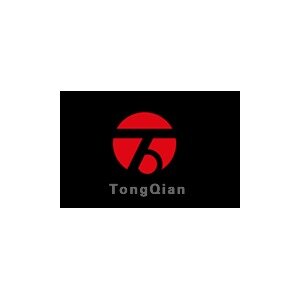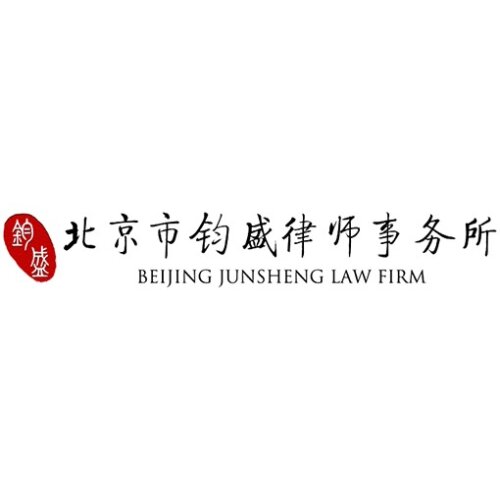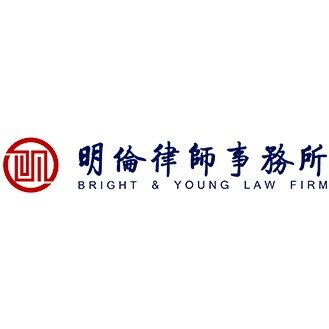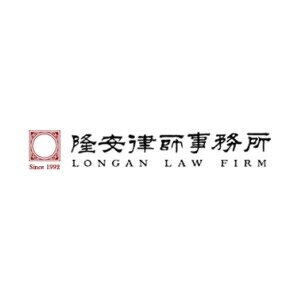Best Employment Benefits & Executive Compensation Lawyers in China
Share your needs with us, get contacted by law firms.
Free. Takes 2 min.
Or refine your search by selecting a city:
List of the best lawyers in China
About Employment Benefits & Executive Compensation Law in China
Employment Benefits and Executive Compensation law in China is a crucial area that governs the financial and non-financial remuneration provided to employees, particularly executives, in the country. This field involves various elements such as salary, stock options, bonuses, health benefits, retirement plans, and executive agreements. The legal landscape is shaped by a combination of national labor laws, local regulations, and international practices. With China's economy growing rapidly, understanding the nuances of these laws is vital for both employers and employees to ensure compliance and fairness in compensation practices.
Why You May Need a Lawyer
Seeking legal advice in Employment Benefits & Executive Compensation can be essential in several situations:
- Negotiating employment contracts, including salary and additional compensation for executives.
- Understanding your rights and obligations under Chinese labor laws and employment agreements.
- Resolving disputes related to unpaid benefits, wrongful termination, or inequitable compensation.
- Ensuring compliance with local and national regulations when structuring executive compensation packages.
- Dealing with complex issues such as stock options, incentive plans, and retirement benefits.
Local Laws Overview
China’s employment and compensation laws are primarily governed by the Labor Contract Law, Employment Promotion Law, and other relevant regulations. Key aspects include:
- Minimum Wage and Benefits: Laws stipulate minimum wage standards and require employers to provide specific benefits, such as social insurance.
- Labor Contracts: Written labor contracts are mandatory, outlining details about compensation, work hours, and responsibilities.
- Executive Compensation: While there is flexibility, executive compensation must comply with internal policies and corporate governance standards.
- Social Insurance and Housing Provident Fund: Mandatory participation in programs covering pensions, medical, unemployment, maternity, work injury, and housing accumulation.
- Taxation: Executive compensation can have complex tax implications, influenced by the form and structure of the remuneration.
Frequently Asked Questions
What is the minimum wage requirement in China?
The minimum wage varies by municipality and province, as local governments set regional wage standards that employers must adhere to.
Are employers in China required to provide benefits beyond salary?
Yes, employers must provide social insurance and housing provident funds. Other benefits such as medical and travel allowances may be included in contracts.
How are executive compensations typically structured in China?
Executive compensation often includes a mix of base salary, bonuses, stock options, and other incentives. Structures must comply with corporate governance norms.
What are the mandatory insurances for employees in China?
Employers must contribute to social insurance programs: pension, medical, unemployment, maternity, and work injury insurances, along with the housing provident fund.
How can disputes on compensation be resolved?
Disputes can be resolved through negotiation, mediation, arbitration, or litigation, depending on the dispute's complexity and the parties' preferences.
Are there tax implications for receiving stock options?
Yes, stock options can be subject to personal income tax, and specific tax treatment depends on when and how these options are exercised or sold.
What should an executive consider when negotiating a compensation package?
Consider the market standard, overall benefits, non-compete clauses, tax implications, and fairness relative to the role and responsibilities.
Is discrimination in compensation practices illegal in China?
Yes, discriminatory practices in the workplace, including compensation, are prohibited by the Employment Promotion Law and other anti-discrimination laws.
Can expatriates benefit from the same employment benefits in China?
Expatriates can receive similar benefits, but specifics may vary based on contracts, employer policies, and international agreements.
What are the options if an employer fails to pay agreed compensation?
If an employer fails to pay, an employee can seek resolution through legal counsel, labor arbitration, or filing a lawsuit to claim dues.
Additional Resources
For further information and assistance, consider these resources:
- Ministry of Human Resources and Social Security: The central government body overseeing labor issues.
- Local Labor and Social Security Bureaus: Regional bodies that implement and enforce local regulations on employment and compensation.
- Law Firms Specializing in Employment Law: Firms with expertise in labor and employment statutes can provide tailored legal advice.
- Chinese Employment Law Journals and Publications: Offers analysis and developments in labor law and executive compensation practices.
Next Steps
If you require legal assistance regarding Employment Benefits & Executive Compensation in China, consider the following steps:
- Identify Your Issue: Clearly understand your specific needs, whether it’s contract negotiation, dispute resolution, or compliance advice.
- Research Legal Experts: Look for qualified attorneys or firms specializing in employment law and executive compensation within China.
- Consultation: Arrange initial consultations with potential lawyers to discuss your situation and understand their approach.
- Gather Documentation: Collect all relevant documents, contracts, pay slips, communication records, and other pertinent information to aid your lawyer.
- Stay Informed: Keep yourself updated on any legal developments in labor laws that might affect your situation.
Lawzana helps you find the best lawyers and law firms in China through a curated and pre-screened list of qualified legal professionals. Our platform offers rankings and detailed profiles of attorneys and law firms, allowing you to compare based on practice areas, including Employment Benefits & Executive Compensation, experience, and client feedback.
Each profile includes a description of the firm's areas of practice, client reviews, team members and partners, year of establishment, spoken languages, office locations, contact information, social media presence, and any published articles or resources. Most firms on our platform speak English and are experienced in both local and international legal matters.
Get a quote from top-rated law firms in China — quickly, securely, and without unnecessary hassle.
Disclaimer:
The information provided on this page is for general informational purposes only and does not constitute legal advice. While we strive to ensure the accuracy and relevance of the content, legal information may change over time, and interpretations of the law can vary. You should always consult with a qualified legal professional for advice specific to your situation.
We disclaim all liability for actions taken or not taken based on the content of this page. If you believe any information is incorrect or outdated, please contact us, and we will review and update it where appropriate.
Browse employment benefits & executive compensation law firms by city in China
Refine your search by selecting a city.















